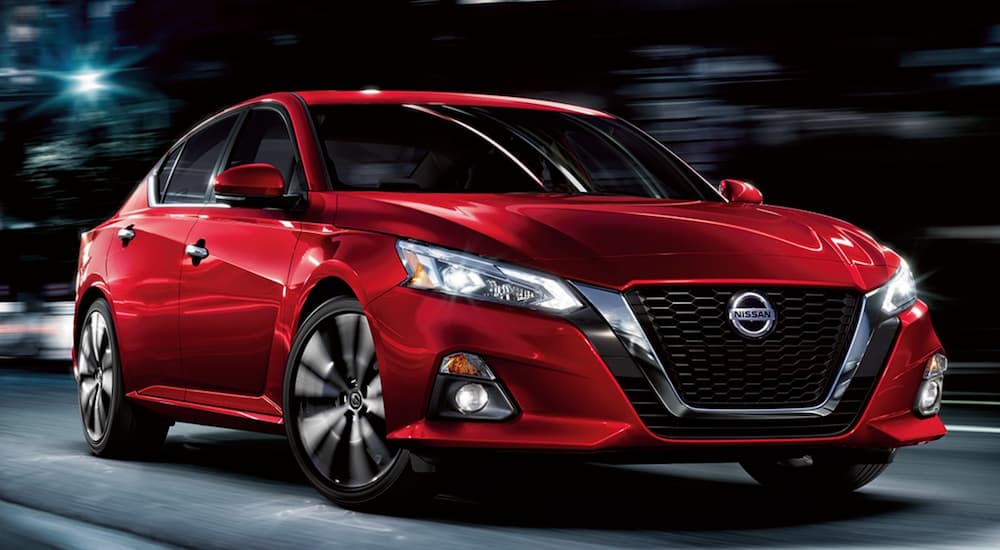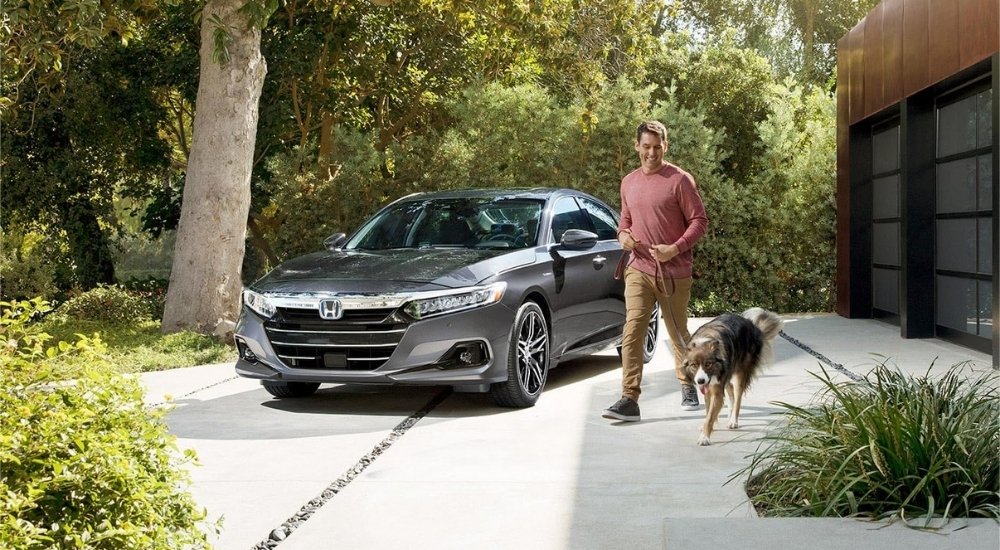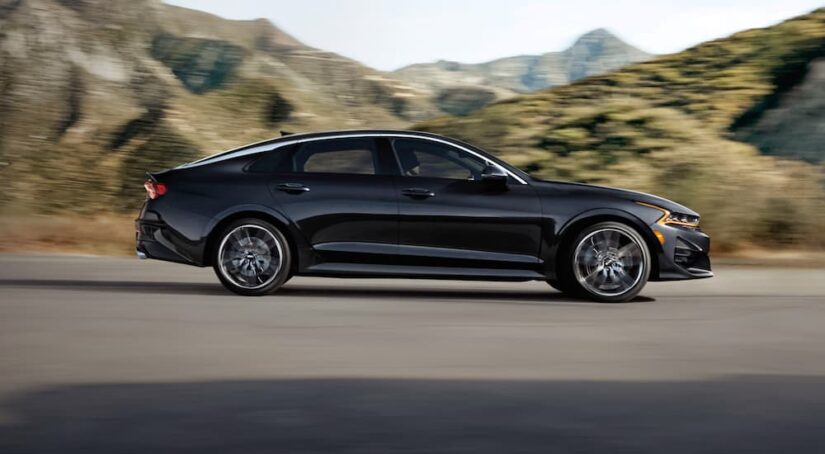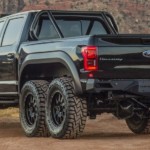As more drivers make the shift to crossovers and SUVs, it might seem like sedans are disappearing—but I’ve found that’s not entirely true. In fact, whenever I stop by a car dealership or browse online listings, there’s usually a solid selection of used sedans holding strong, especially from brands that keep focusing on comfort, fuel economy, and value. That said, I know how overwhelming it can be to narrow down your options. Whether you’re after an efficient commuter, a first car for someone in the family, or you’re just not ready to give up the sedan life, I put this guide together to help you make the best choice.
For me, finding the right sedan is all about prioritizing what makes driving more enjoyable—whether that’s space, fuel efficiency, tech, or comfort. Here’s what I recommend looking for if you’re ready to start your search.
Sedans 101: Breaking Down Your Options
If you’re like me and want the most for your money, midsize and full-size sedans tend to hit the sweet spot. These models give you plenty of room for passengers, solid trunk space, and a smoother ride than most small crossovers. One feature I’ve come to appreciate—especially with the Kia K5—is how much cargo flexibility you can get with folding rear seats.
And yes, sedans can hold their own when it comes to cargo space. For instance, the 2021 Honda Accord (non-hybrid) gives you 16.7 cu.ft. of trunk space. The 2021 Kia K5 has 16.0 cu.ft., and I’ve packed more into it than I ever expected. This is with all of the seats up; if you fold down your rear seats, you’ll open up even more space for bulky or awkwardly shaped items.
Honestly, if you’re looking at compact SUVs just for storage, you might want to test a few sedans before deciding.

Tech-Forward Sedans
Modern sedans have seriously stepped up when it comes to tech—something I always look for when shopping for a used car. You can get many of the same safety and infotainment features as you’d find in an SUV, and for less money.
The Hyundai Elantra has impressed me with features like Driver Attention Warning, Rear Cross-Traffic Collision-Avoidance Assist, and even Highway Driving Assist on upper trims. And you don’t need the latest model year to find those—they’ve been available on used models since at least 2021. These are the kinds of features that modern drivers have come to rely on.
If all-weather confidence is a priority, Subaru’s EyeSight system—which comes standard on most newer trims of the Legacy—includes adaptive cruise control with lane centering, which I found surprisingly smooth during long drives. Another standout I recommend checking out is the Nissan Altima. I like that you can find used models with ProPILOT Assist and even available AWD, which isn’t common in this segment. If you previously avoided sedans due to a lack of AWD, this model is a great starting place.
As for infotainment, most newer sedans built after 2019/2020 support Apple CarPlay and Android Auto, and I never buy a car without it anymore. Whether you’re streaming your favorite playlist, making hands-free calls, or navigating back roads, the experience is just better.
And don’t forget to think about layout and comfort—if you regularly have passengers (or kids in car seats like I sometimes do), make sure the back seat is wide and easy to access. Make sure you can comfortably install a car seat as well.
Comfort and Drivability
Comfort is one of the top reasons I keep coming back to sedans. Sure, SUVs have made gains, but sedans still offer better handling and ride quality overall.
The Honda Accord is one of my go-to recommendations because it hits that rare balance between ride comfort and driver engagement. The Kia K5, especially in the GT-Line or GT trim, feels sharp on the road and looks sportier than you’d expect from a practical midsize car. It’s one of the few models where I’ve felt like I got more style and fun without sacrificing comfort.
And, of course, there’s the Toyota Camry, which has been a staple for decades for good reason.
If you haven’t driven a Camry built in the last few years, I’d encourage you to take one for a spin—it’s quiet, smooth, and roomy. Plus, depending on the year, some Camry models even offer AWD, which I’ve found useful in slippery conditions. There are even sporty editions of the Camry, so you can feel cool heading down the highway on your way to the office.
Efficiency
Fuel economy matters a lot to me, as it does for most drivers, and sedans tend to outperform SUVs here by a wide margin. If you’re open to hybrids, you can’t go wrong with the 2021–2024 Toyota Camry Hybrid or the 2020–2024 Honda Accord Hybrid. I’ve driven both and consistently seen real-world fuel economy in the 45–52 MPG range, depending on where I’m driving and trim. Official EPA estimates back that up, with the Camry Hybrid LE rated at up to 52 MPG combined and the Accord Hybrid ranging between 43–48 MPG combined, depending on the model year and trim.
If you’re not quite ready for a hybrid, models like the 2021–2024 Hyundai Sonata and 2021–2024 Kia K5 still offer excellent fuel efficiency. The K5 (2021–2024) is rated at up to 38 MPG highway, while the Sonata offers up to 28 MPG combined and up to 38 MPG highway.
Most sedans are going to get you over 25 MPG. The smaller ones will deliver even higher efficiency, but you don’t need to go for a tiny sedan to experience less time between stops. Models like the K5 prove that efficiency is king.

Affordability
Used sedans have become some of the best values on the market, in my opinion—and that’s not just about price tags. When I think about overall value, I’m looking at the complete ownership experience: purchase price, maintenance, fuel costs, insurance, and long-term reliability. Sedans like the Honda Accord, Toyota Camry, and Nissan Altima consistently deliver across the board. These models come from brands known for producing dependable vehicles that hold up well over time, so even a sedan that’s a few years old can still feel fresh, modern, and surprisingly refined.
One of the biggest perks I’ve found when shopping for a used sedan is the ability to move up into higher trim levels—leather seating, premium audio systems, built-in navigation—for the same price as a newer base-model SUV. That’s a huge win if you value comfort and features but need to stick to a budget.
If your finances allow, I do recommend looking for Certified Pre-Owned (CPO) models or low-mileage vehicles with clean histories. These often come with extended warranties and have been inspected more thoroughly, which gives you a little more peace of mind.
That said, I’ve also found great value in non-CPO vehicles that were well cared for—sometimes, you just have to dig a little deeper and be willing to ask the right questions. Another cost-saving bonus: insurance rates for sedans are typically lower than those for crossovers and SUVs, especially when it comes to premiums and repair costs. That might not be a huge deal at first glance, but over the life of the vehicle, it can really add up.
Between the lower sticker price, excellent fuel economy, and reduced long-term expenses, it’s easy to see why used sedans are still such a smart buy for so many drivers.
Choosing the Right Pre-Owned Sedan For You
In the end, choosing a used sedan comes down to your priorities. Do you want the best fuel economy? The smoothest ride? The most tech? For me, it’s a mix—I want something comfortable, efficient, and fun enough to enjoy the drive. The good news is, the market is full of great options that check all those boxes.
So take your time, test drive a few models, and trust your gut. Whether you go with something sporty, something efficient, or something in between, a great sedan can absolutely deliver a rewarding driving experience—and maybe even surprise you along the way.



